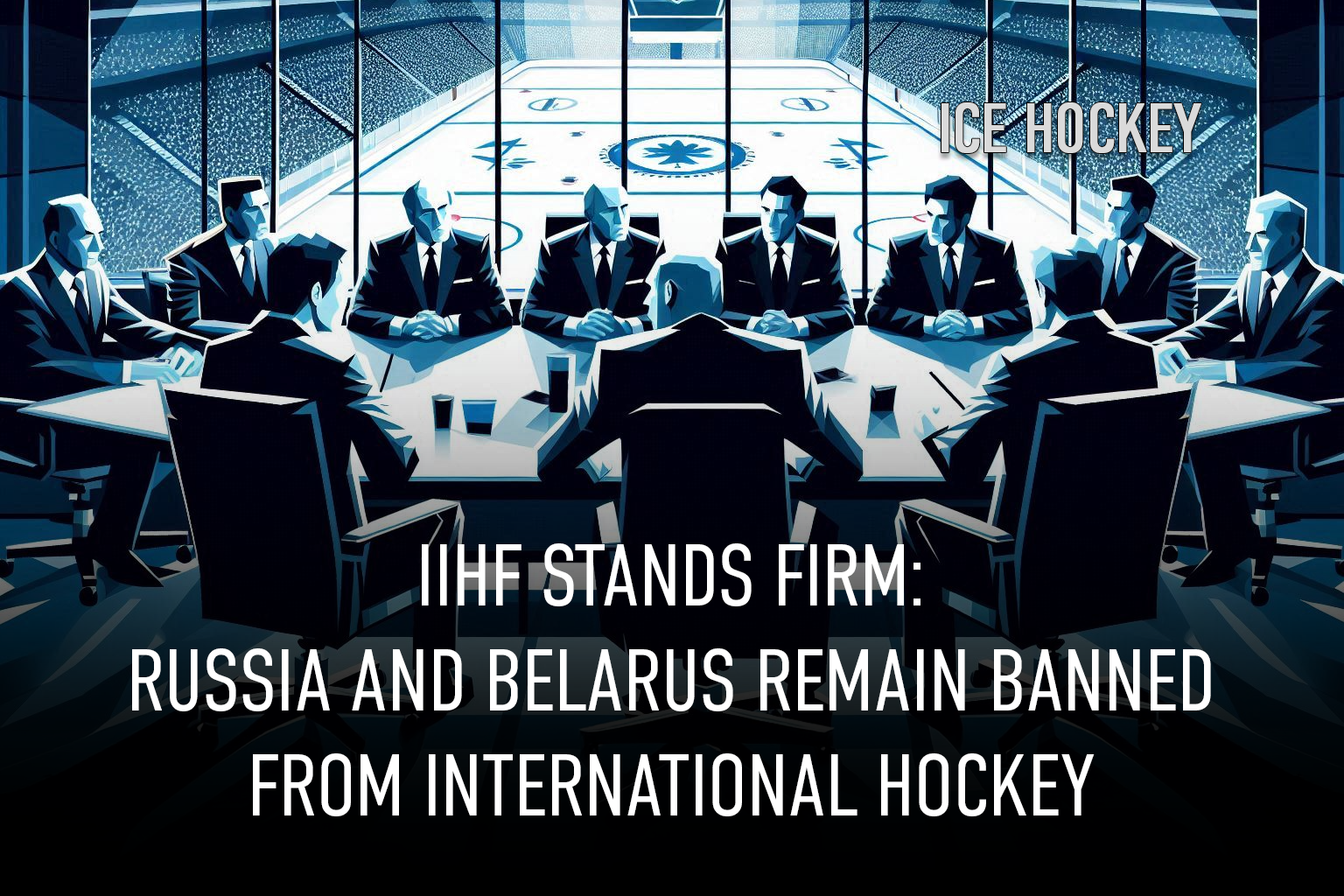IIHF STANDS FIRM: RUSSIA AND BELARUS REMAIN BANNED

The International Ice Hockey Federation (IIHF) has extended its ban on Russia and Belarus, preventing their national teams from competing in the 2025 and 2026 World Championships.
Russia has already vowed to challenge the decision.
This move underscores the continued international isolation of both regimes, which have long used sports as propaganda tools to legitimize their rule. The IIHF’s stance sends a clear message: aggression and authoritarianism have no place in global sports.
At the same time, the International Olympic Committee (IOC) took a very different approach. Just yesterday, the IOC officially recognized the results of the Belarusian National Olympic Committee (NOC) elections, where Viktar Lukashenko, son of Alexander Lukashenko, was re-elected as president. This decision effectively validates a leadership deeply tied to the regime’s repression of athletes and its broader crackdown on dissent. The stark contrast between the IIHF’s firm stance and the IOC’s willingness to accommodate authoritarian control in sports raises serious questions about consistency in global sports governance.
While the fate of Russian participation in the World Junior Championship and the Winter Olympics is yet to be determined, Belarusian and Russian clubs remain barred from the Champions League and Continental Cup. The final decision on Belarus’ return in the 2026⁄27 season will be made in May 2026.
The ban was initially imposed in February 2022 following Russia’s invasion of Ukraine, with the illegal Belarusian regime serving as a key ally in the conflict. As the IIHF upholds its decision, the question remains: will other international sports organizations follow suit, or will they continue enabling authoritarian regimes to use athletics as a shield for political repression?
